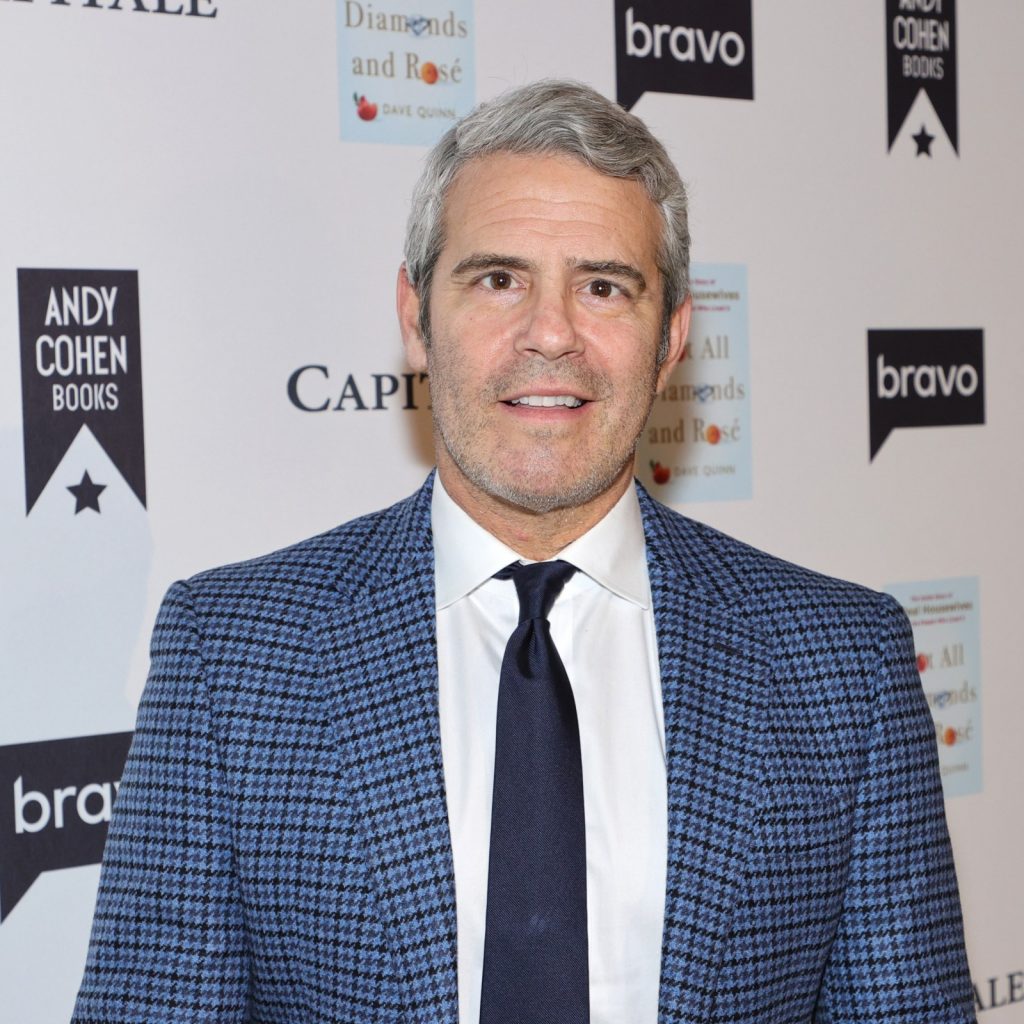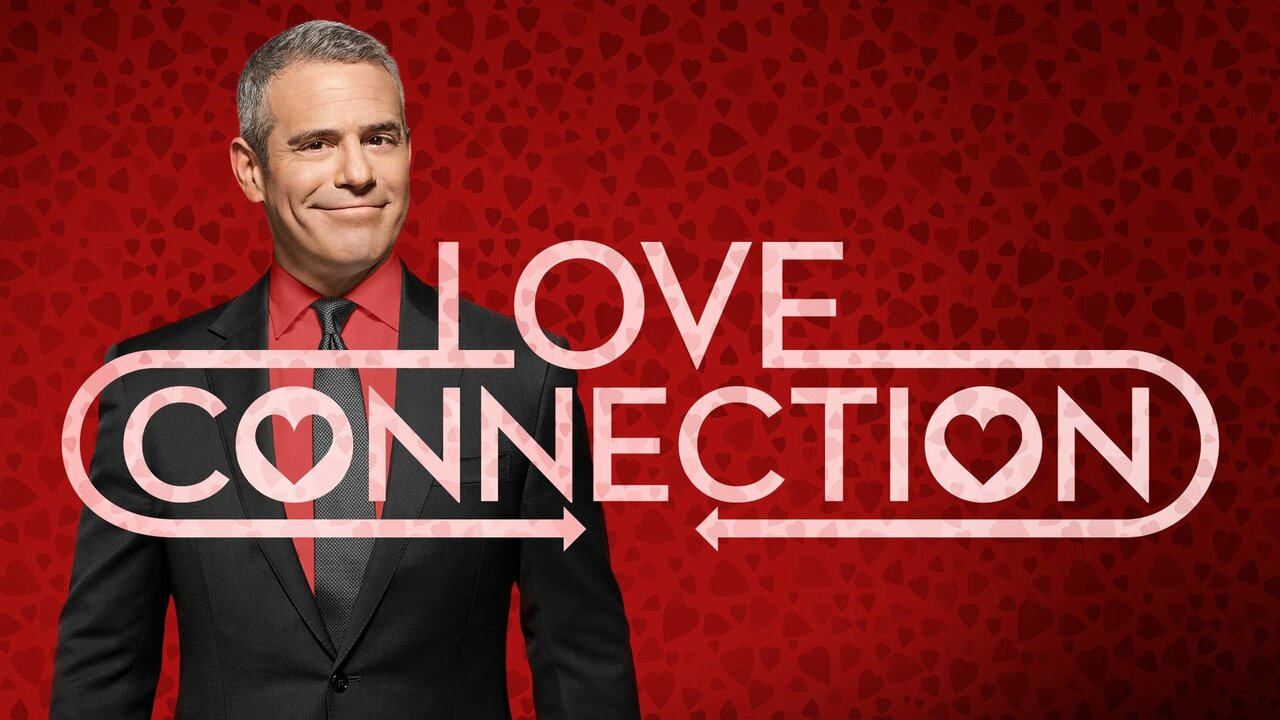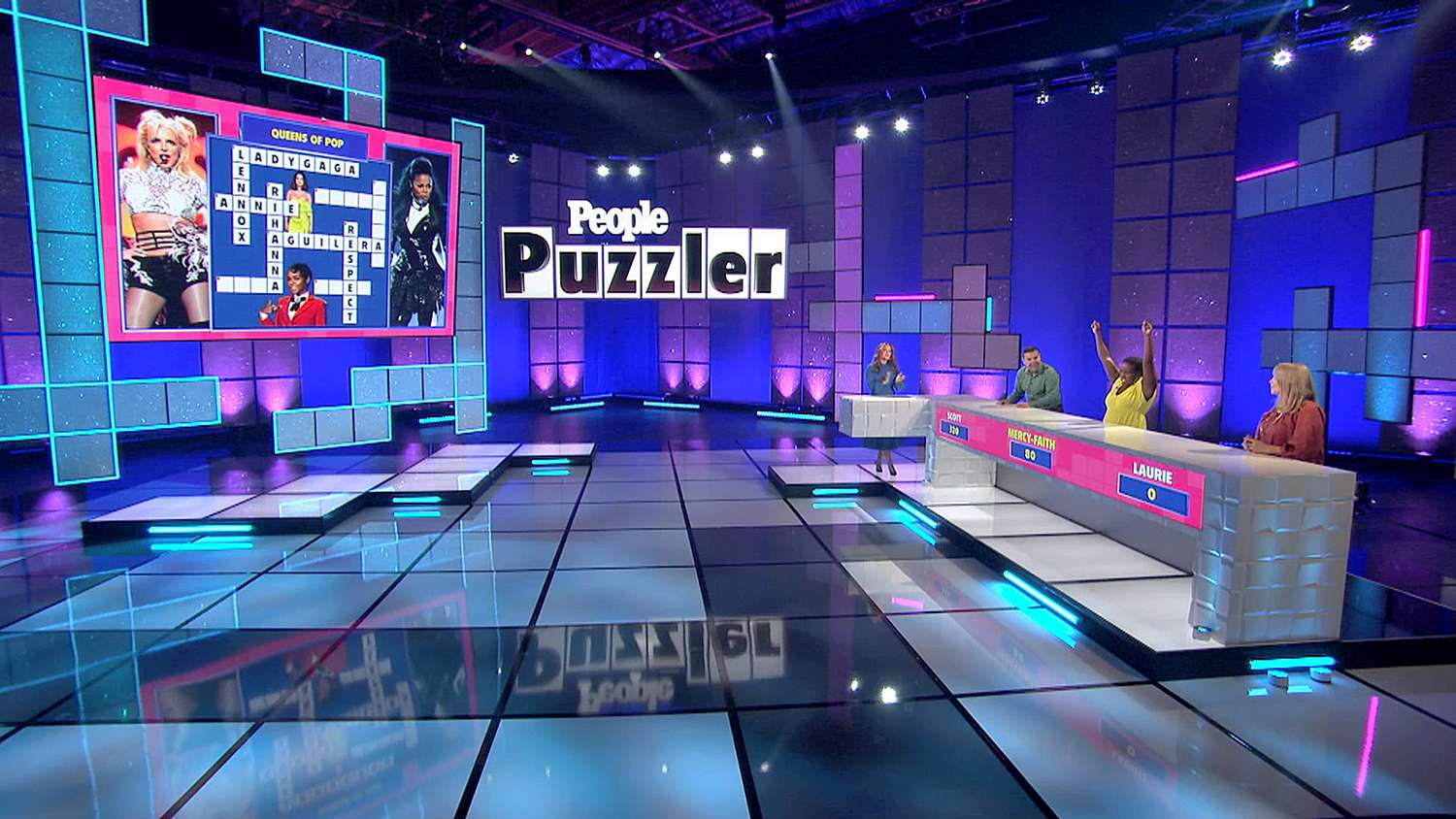“Love Connection” is an American television show that first aired in 1983. The program was hosted by Chuck Woolery and Andy Cohen.
In 2017, “Love Connection” was revived with a new version that was adapted to current trends and audience tastes. The new version of the show kept the basic elements of the original, such as the pairing process and post-date reviews, but made some changes as well.
The updated version of “Love Connection” used modern technology to improve the pairing process and add interactive elements to the program. Participants could use social media and mobile apps to participate in the show and find the perfect partner.
Format
Love Connection’s central concept revolved around orchestrating romantic encounters for singles. Each episode featured a guest who had previously gone on a date with one of three contestants, selected through videotaped profiles. Following the date, the guest would recount their experience on the televised show.
During Love Connection tapings, a live studio audience witnessed the proceedings. Woolery would introduce the guest and showcase excerpts from the three candidates’ videos. Subsequently, the audience would clandestinely vote for their preferred candidate for the guest, with home viewers participating in later versions. The guest would then disclose their actual date choice, and the date would join the conversation via a backstage closed-circuit television camera. Woolery facilitated the discussion between the guest and date regarding their experience. If both parties deemed the date successful, they would reunite onstage; otherwise, the date’s involvement in the show concluded. Woolery would then unveil the voting outcome, with successful matches receiving congratulations for making a “love connection” and often opting for a second date funded by the show.
Following a successful date, the guest had the option of another rendezvous with the same person. However, if the vote winner differed from the initial date, the guest could opt for a date with the vote winner, irrespective of the first date’s outcome. Additionally, if the guest had previously dated the audience pick without success, they could choose to go out with either of the other contestants. Should a second date occur, the couple would return for a subsequent interview at a later taping. Typically, two or three segments aired per show. On Fridays, an alternative format featured a bachelor or spinster seeking a date, with the studio audience making the choice based on video excerpts. The couple would reconvene in the customary manner several weeks later. A successful match entitled them to a second date sponsored by the show; otherwise, the contestant could select from the two unsuccessful candidates for a second chance.
In the 2017 reboot, participants appeared on the show after dating each of the three contestants, and all were interviewed backstage after video introductions and an audience vote. This version introduced a segment where guests and contestants rated their initial impressions of each other on a scale of 1–10, considering factors beyond physical appearance. Following the interviews, the guest chose a contestant for an overnight date and a chance to win a $10,000 cash prize. In season 1, the guest received the prize if the audience vote matched their choice; otherwise, they could opt to spend the date with the vote winner and receive the cash prize. In season 2, switching options were eliminated, and the guest spent the overnight date with their chosen contestant, winning the $10,000 prize if the audience vote aligned.
In the original series, most contestants were in their twenties and had never been married, although occasionally older contestants, including those who were never married, widowed, or divorced multiple times, were also chosen. The show displayed the contestants’ relationship status on-screen in the profile summary during both syndicated versions, but in the 2017 revival, it was only mentioned if relevant during conversations between the guest, dates, and host. Initially, the matches were strictly heterosexual, but the 2017 reboot introduced same-sex pairings. The show covered the expenses of the date and provided $75 for incidentals in the original series, with an increase to $100 in the 1998–1999 revival. In the 2017 version, contestants received $500 for each date.
Legacy
The program emerged as a standout game show success during the 1980s and early 1990s, contributing to Chuck Woolery’s resurgence in the hosting realm. With a remarkable span of 11 seasons and 2,120 episodes, it secured its place as one of syndication’s longest-running game shows. Initially trailing Merv Griffin’s Jeopardy! and Wheel of Fortune (formerly hosted by Woolery) in longevity, it eventually yielded its position to Family Feud and Who Wants to Be a Millionaire. Interestingly, the show debuted on the same date (September 19) as the syndicated edition of Wheel of Fortune in 1983.
A memorable scene in the 1990 film Misery features Annie Wilkes engrossed in the show while indulging in Cheetos.
According to Woolery, by 1993, couples who had found each other on the show had resulted in 29 marriages, 8 engagements, and 15 children.
A year later, a Daily Variety trade advertisement marking the conclusion of the original show’s 11-season run highlighted 35,478 recorded interviews, 2,120 episodes, 31 marriages, and 20 children.
Love Connection Talent

Andy Cohen, Host
Andy Cohen is an American television host, producer, and writer best known for hosting television shows including Watch What Happens Live with Andy Cohen. He is also known for hosting the revamped version of the show “Love Connection” and for his contributions to the television industry.



